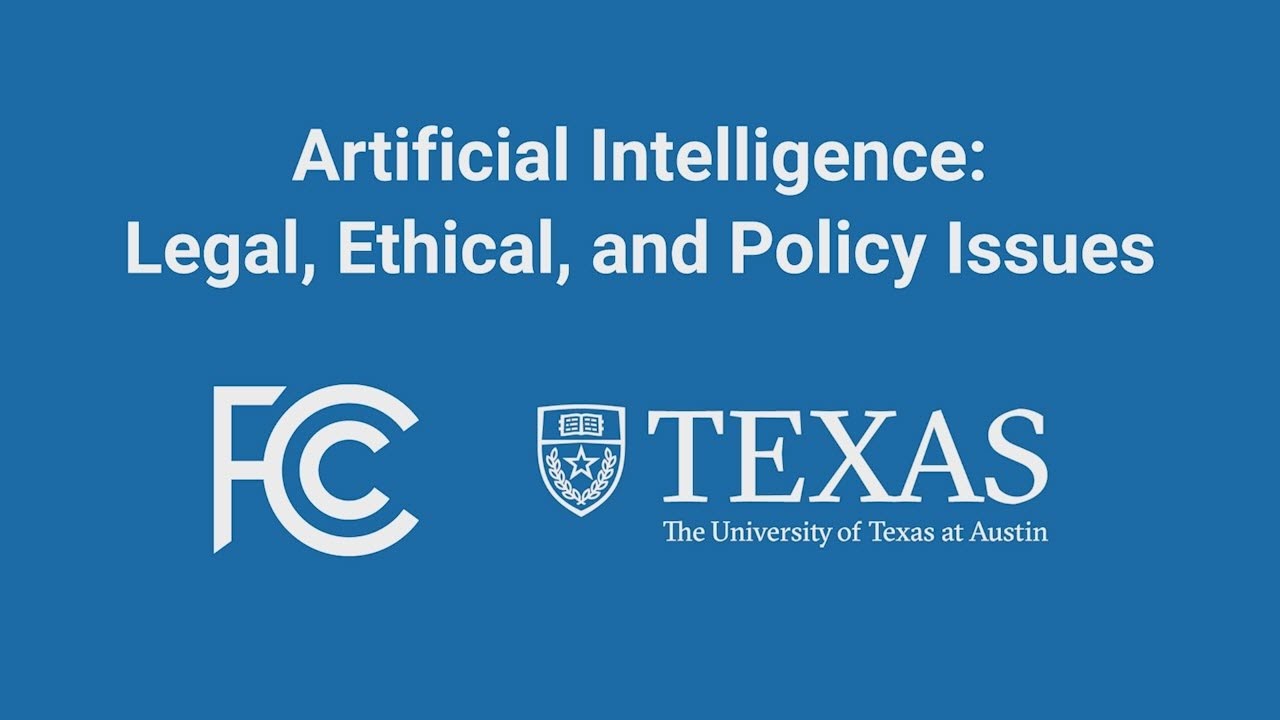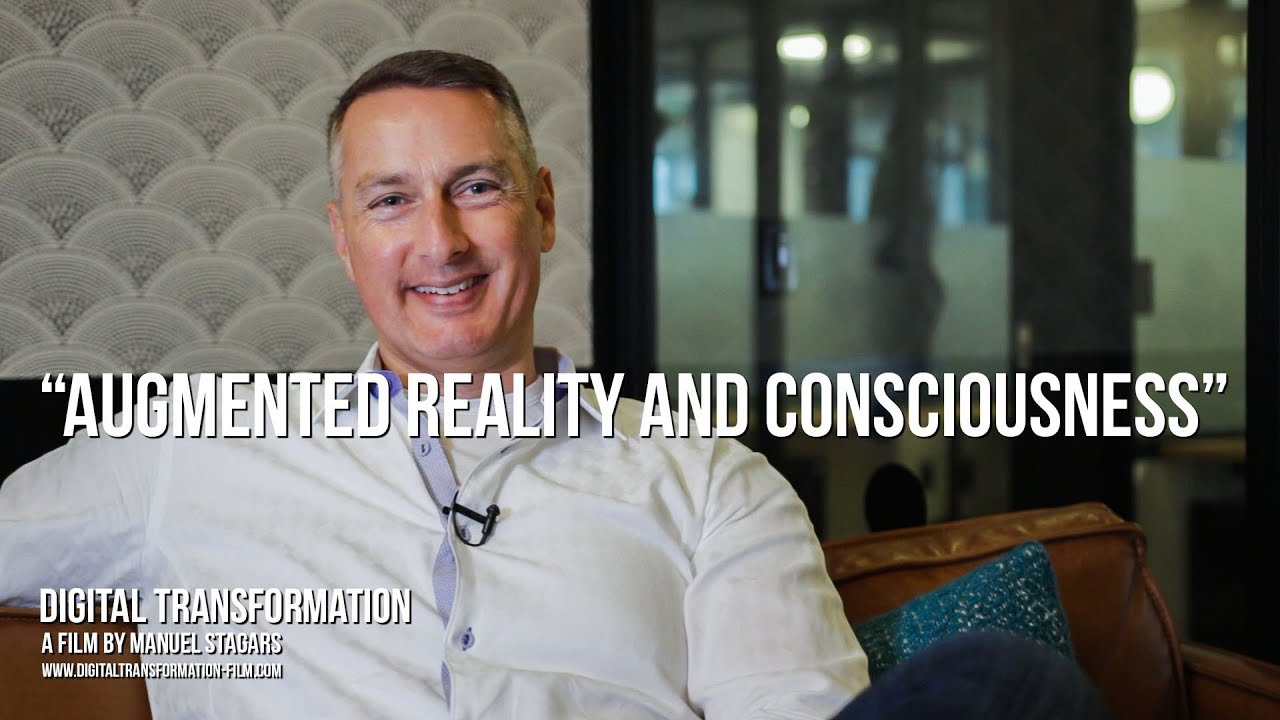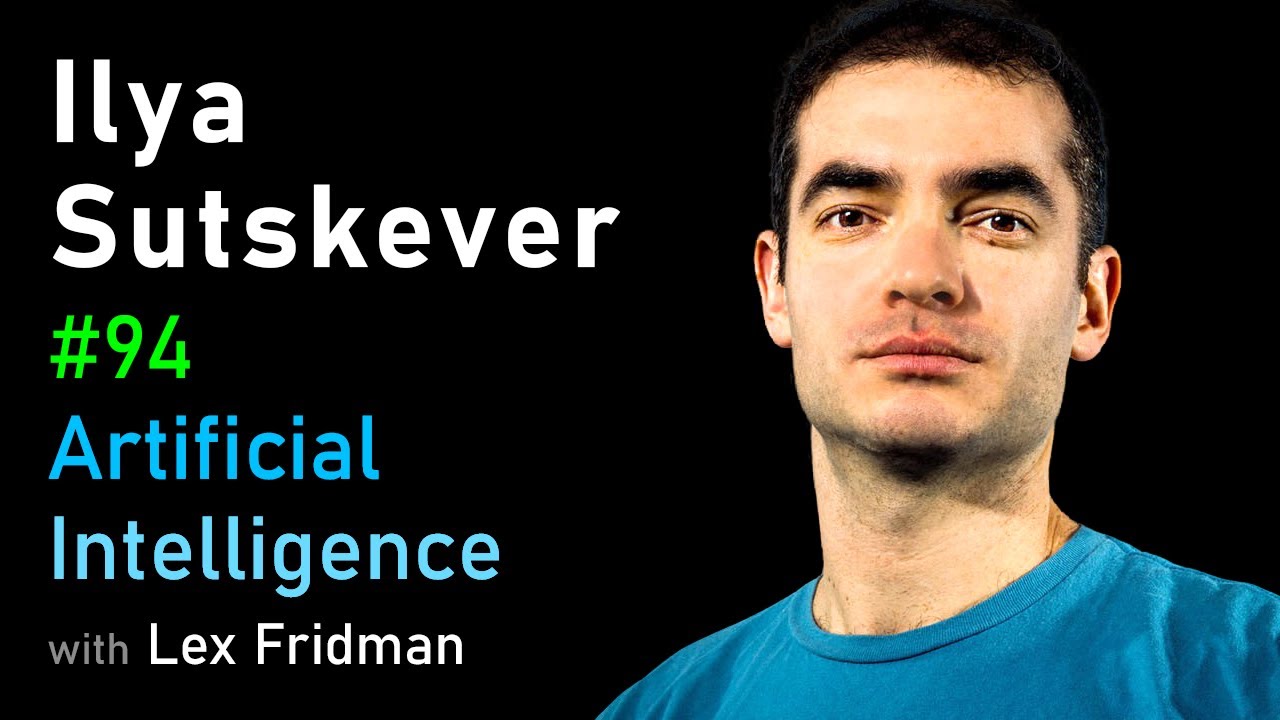CXOTALK
Artificial intelligence is fraught with legal, ethical, and public policy challenges. This episode brings two esteemed experts to discuss these issues and present guidance for both commercial companies and the public sector.
Dr. David A. Bray is CIO of Federal Communications Commission. He began work in public service at age 15, later serving in the private sector before returning as IT Chief for the CDC’s Bioterrorism Preparedness and Response Program during 9/11; volunteering to deploy to Afghanistan to “think differently” on military and humanitarian issues; and serving as a Senior Executive advocating for increased information interoperability, cybersecurity, and civil liberty protections. He serves as a Visiting Executive In-Residence at Harvard University, a member of the Council on Foreign Relations, and a Visiting Associate at the University of Oxford.
Kay Firth-Butterfield is a Barrister and part-time Judge and has worked as a mediator, arbitrator, business owner and professor in the United Kingdom. In the United States, she is Chief Officer, and member, of the Lucid.ai Ethics Advisory Panel (EAP) and an adjunct Professor of Law. Kay is a humanitarian with a strong sense of social justice and has advanced degrees in Law and International Relations. Kay co-founded the Consortium for Law and Policy of Artificial Intelligence and Robotics at the University of Texas and taught its first course: Artificial Intelligence and Emerging Technologies: Law and Policy. She is Vice Chair of the IEEE Industry Connections Committee “Global Initiative for Ethical Considerations in the Design of Autonomous Systems”.
For more, see https://www.cxotalk.com/episode/ai-legal-ethical-policy-challenges
——————
Check out all the CXOTALK episodes: https://cxotalk.com/episodes
——————
Follow us on Twitter: https://twitter.com/cxotalk
——————
Source




There will be the cycle of civilizational development , which is started by technological development ,
followed by growth of economic & social activity , completed by sophistication of policies.
With repeating the cycle , the main field of policies seems to have been changing , too.
http://ameblo.jp/lovelucifer/entry-12266020322.html?frm_id=v.mypage-checklist–article-history–blog–1–lovelucifer_12266020322
First , in the period from agricultural to industrial age ,
technological policies for the production ( including protection ) of resources , like cultivation or military
accounted for a large ratio..
Then , in the period from industrial to information age ,
economic & social policies for the distribution ( including effective reproduction ) of resources
played a great role.
Now , in the period from information to A I ( “familiar” or sustainability ) age ,
human resource policies for the securing ( including improvement ) of human abilities ,
to product & distribute resources , like public health or education ( already beginning to be supported by A I ) ,
are gaining attention
The next future main-field policies , in the period from A I to space ( full-scale space development ) age ,
may be administrative management policies for the balanced improvement of above-mentioned policies ,
of the people , for the people , with A I ? .
I have only two concerns regarding AI:
1. It's use by wicked people for evil purposes from oppression to enslavement, or even assassination.
2. Our inability to prevent a "singularity" resulting in the catastrophic loss of human life.
In either case, I fear no amount of beneficial gain could ever outweigh the destruction.
You aren't interviewing these people. But I like the content.